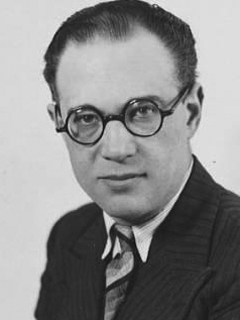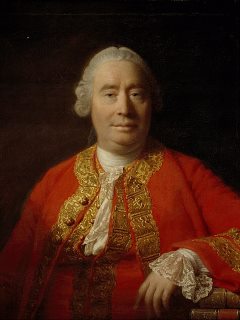Henry Allison
(2008). "Whatever begins to exist must have a cause of existence": Hume's analysis and Kant's response. Philosophy and Phenomenological Research, 76 (3), 525-546.
(1997). Gurwitsch's interpretation of Kant: reflections of a former student. In J. C. Evans, & R. Stufflebeam (Eds.). To work at the foundations (pp. 33-53). Dordrecht: Springer.
(1995). Reflections on the banality of (radical) evil: a Kantian analysis. Graduate Faculty Philosophy Journal, 18 (2), 141-158. https://doi.org/10.5840/gfpj199518217.
(1994). Causality and causal laws in Kant: a critique of Michael Friedman. In P. Parrini (Ed.). Kant and contemporary epistemology (pp. 291-307). Dordrecht: Springer.
(1993). Apperception and analyticity in the b-deduction. Grazer Philosophische Studien, 44, 233-252. https://doi.org/10.5840/gps19934442.
(1992). Gurwitsch's interpretation of Kant. Kant-Studien, 83, 208-221.
(1989). Empirical and intelligible character in the critique of pure reason. In Y. Yovel (Ed.). Kant's practical philosophy reconsidered (pp. 1-21). Dordrecht: Springer.
(1983). Kant's transcendental idealism: An interpretation and defense. New Haven: Yale University Press.
(1975). The Critique of pure reason as transcendental phenomenology. In D. Ihde, & R. Zaner (Eds.). Dialogues in phenomenology (pp. 136-155). Den Haag: Nijhoff.
(1975). The critique of pure reason as transcendental phenomenology. In D. Ihde, & R. Zaner (Eds.). Dialogues in phenomenology (pp. 136-155). Den Haag: Nijhoff.
(1974). Transcendental affinity Kant's answer to hume. In L. White Beck (Ed.). Kant's theory of knowledge (pp. 119-127). Dordrecht: Springer.
(1972). Transcendental affinity — Kant's answer to Hume. In L. White Beck (Ed.). Proceedings of the Third international Kant congress (pp. 203-211). Dordrecht: Springer.





